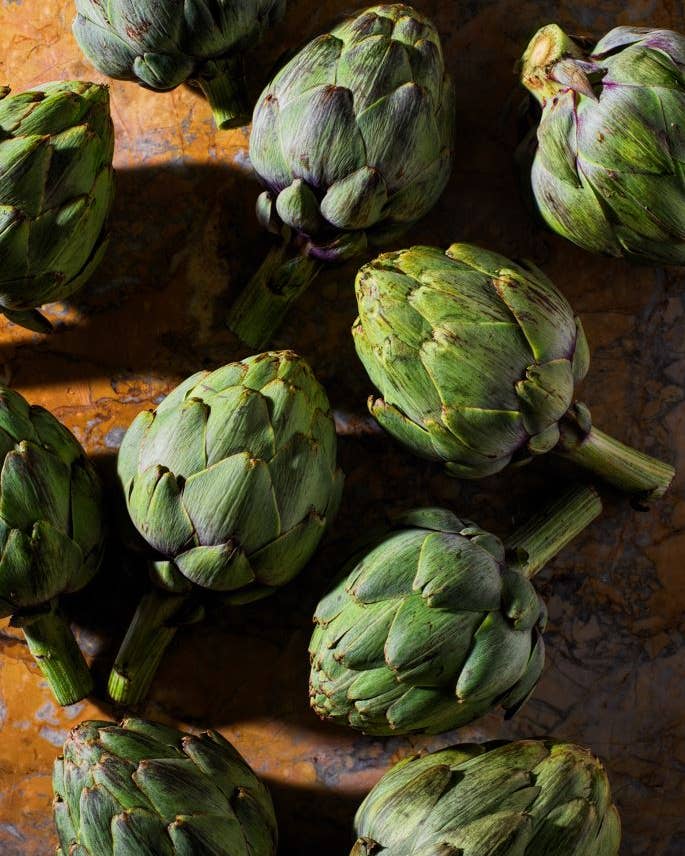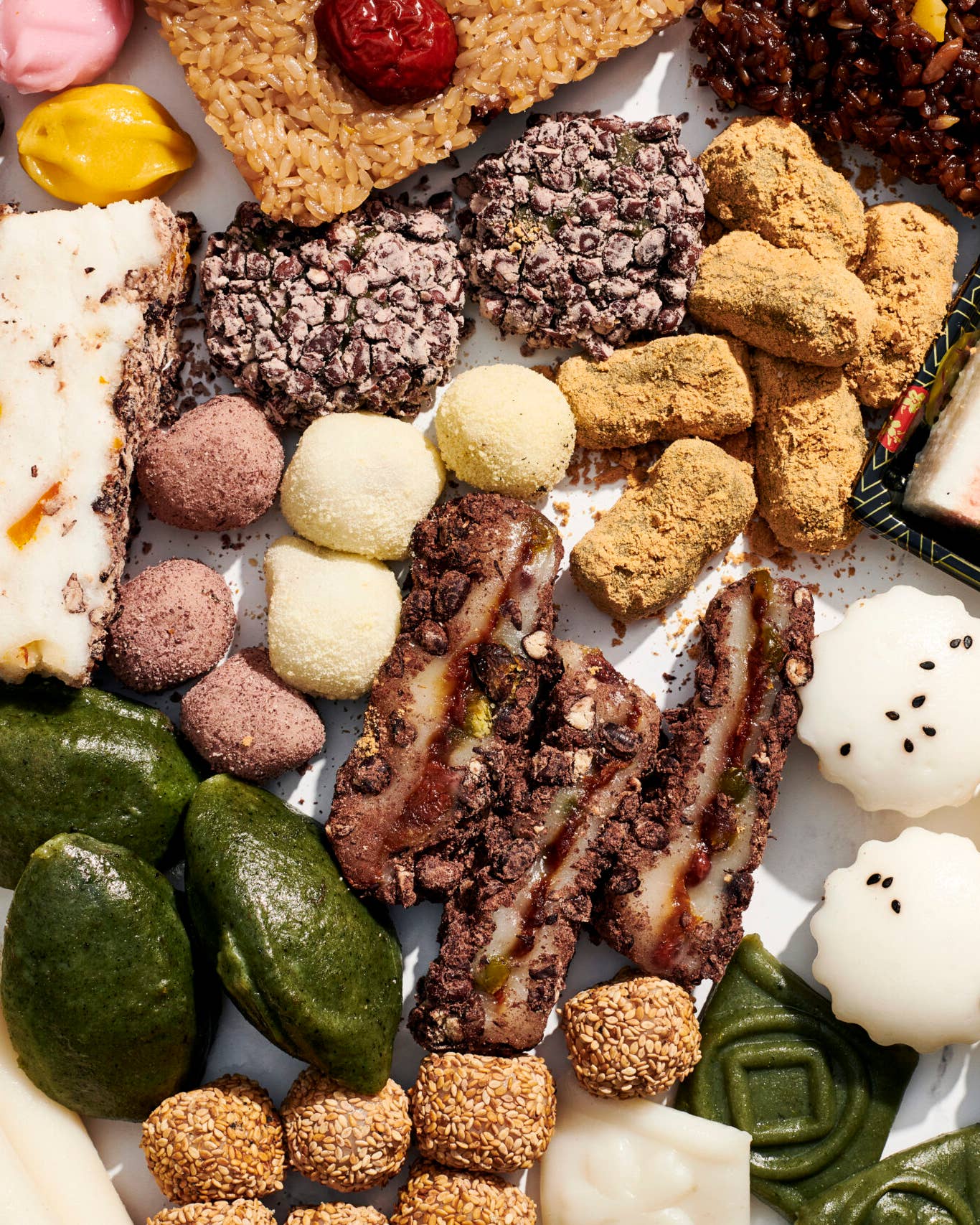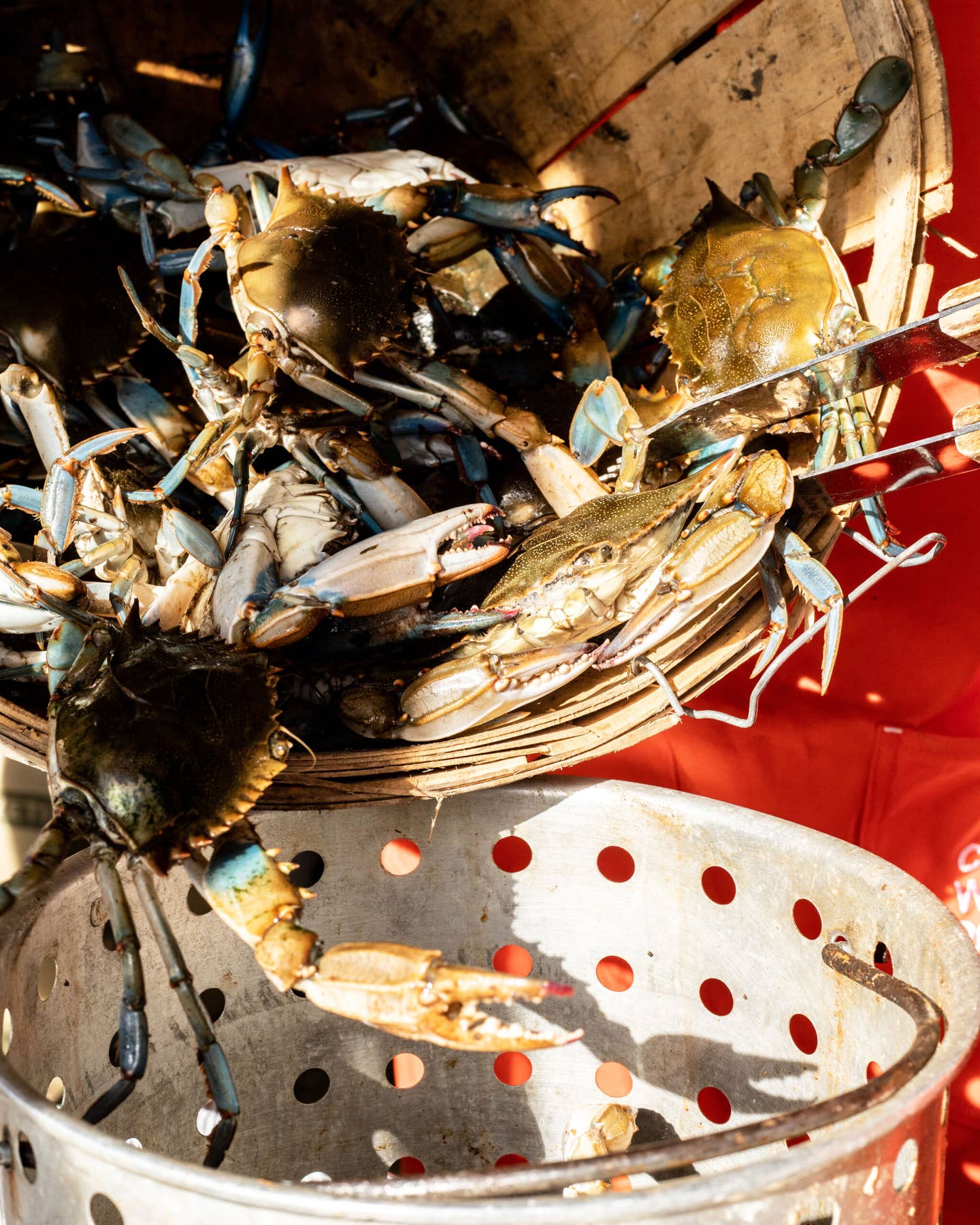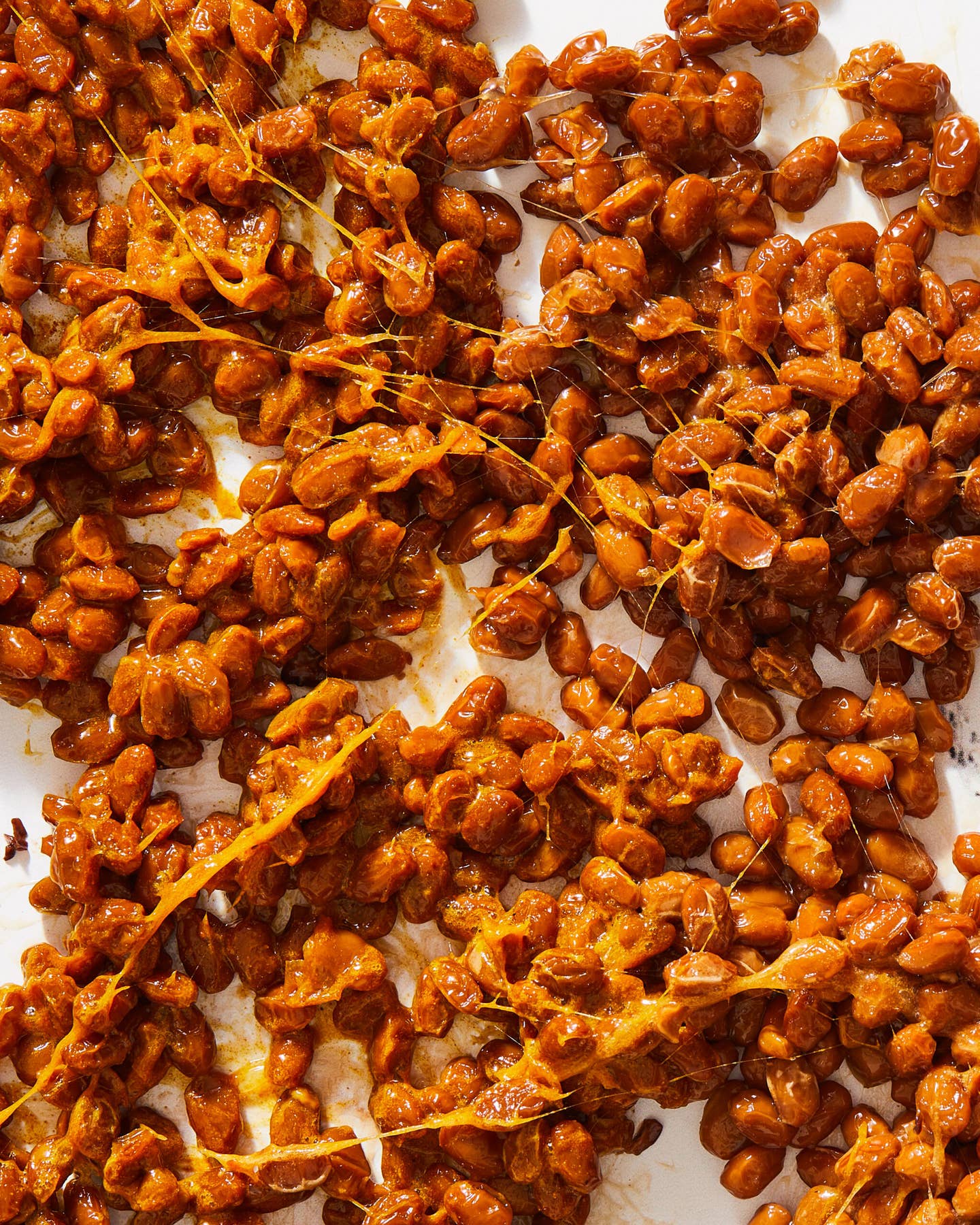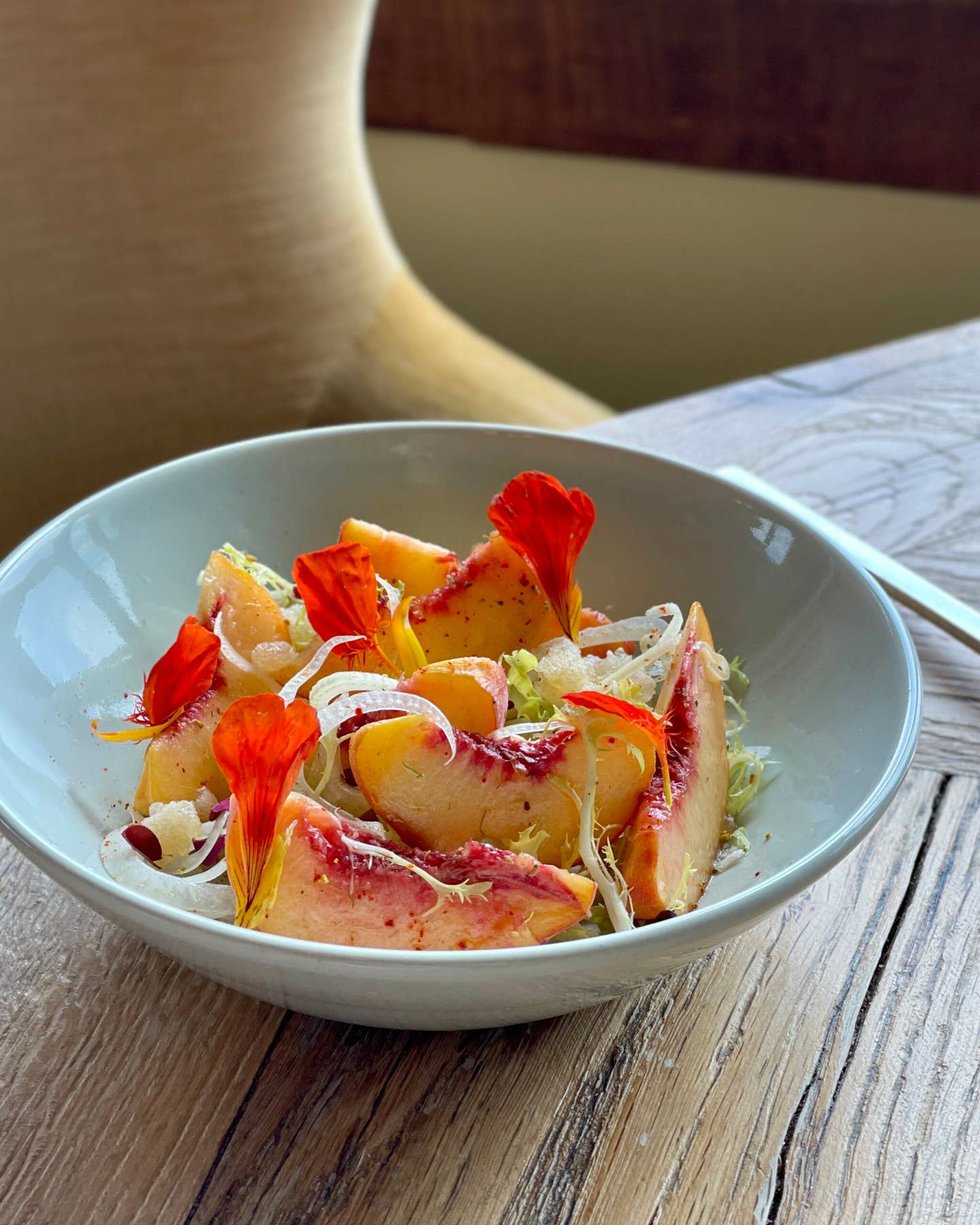
Sweet and Sour Cherries
A true pleasure of summer, both sweet and sour cherries are a fruit to be devoured. Here is a sampling of the many varieties available.
A true pleasure of summer, both sweet and sour cherries are a fruit to be devoured. Here is a sampling of the many varieties available.
BALATON—This late-season sour cherry with very firm, very dark, juicy flesh originally came from Hungary; the first specimen was brought to America for planting by Amy Iezzoni, a cherry biologist at Michigan State University, in 1984. According to cherry farmer Judy LaCross, the balaton yields "the most beautiful burgundy-colored cherry pies."
ERDI BÖTERMÖ—Another Hungarian import brought back to Michigan by biologist Iezzoni, this dark red sour cherry has firm flesh but a uniquely sweet-tinged flavor. It is also known as the danube.
MONTMORENCY—Nicknamed "the cherry pie cherry," this staple of the Michigan cherry industry is of medium size and is fire engine red on the outside, with sturdy, very juicy, pale yellow flesh.
QUEEN ANN—Also known as royal ann or napoleon, this sweet cherry, originally grown by the Germans, French, Dutch, and English, was planted in Washington State in 1847. The fruit is known for its light color (it's often white with red spots) and sweet flavor and is typically pitted and packaged as maraschinos. (Maraschino cherries are macerated in sugar syrup and dyed red. They were at one time flavored with cherry-based maraschino liqueur; hence their name.)
ULSTER—Named for its native Ulster County, in New York, this dark red, midseason, firm-fleshed, generally large sweet cherry is ideal for eating fresh but is also widely canned.
VIVA—This early ripening and fairly firm-fleshed medium-size sweet cherry is considered ideal for home orchards because it has a long season and good flavor; it is a choice cherry for eating fresh.
Keep Reading
Continue to Next Story


